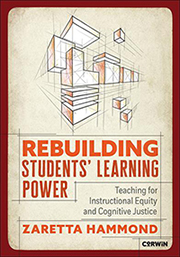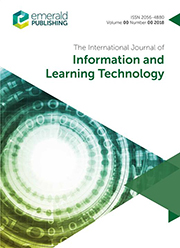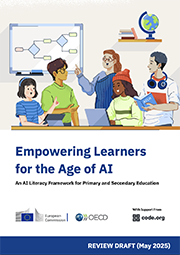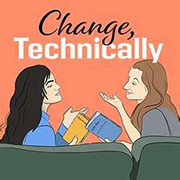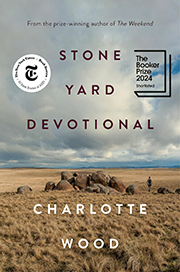How do we empower students? In her recent book, Rebuilding Students’ Learning Power, Zaretta Hammond suggests we teach them how to learn. Hammond offers a concise, practice-forward guide for strengthening students’ cognitive resilience. She argues that “learning loss” is an incomplete frame. Instead, students need the opportunity to rebuild the internal capacities that fuel problem-solving, independence, and intellectual confidence. Drawing on neuroscience and culturally responsive pedagogy, Hammond outlines routines that help students stretch working memory, strengthen attention, and develop productive struggle-capacities she calls “learning muscles.” Her recent Cult of Pedagogy conversation with Jennifer Gonzalez reinforces these ideas, highlighting that ownership for their learning emerges when students begin to see themselves as apprentices in the craft of learning rather than passive recipients. For educators, Hammond offers a clear vocabulary and pragmatic structures that shift faculty questions from “How do I plan an engaging activity?” to “How do I coach students to become stronger thinkers?” Her framework also equips professional learning communities and instructional rounds teams with observable indicators of cognitive work. This timely book is an energizing resource for teachers, departments, instructional coaches, and anyone designing learning environments that cultivate student agency and academic belonging.


